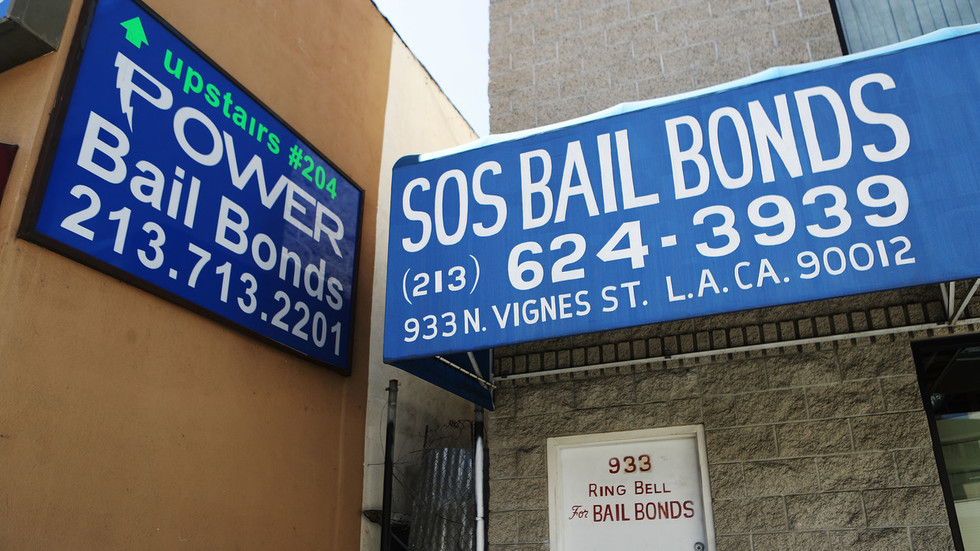
Detroit’s bail system disproportionately harms poor defendants and violates their constitutional rights, according to a lawsuit filed by the ACLU in that city, where a third of the population lives below the poverty line.
The local branch of the American Civil Liberties Union (ACLU) filed the class-action suit on Sunday, claiming the bail process in Detroit’s 36th District Court “punishes” the poor and needs immediate reform.
“A person’s freedom should not depend on how much money they have,” deputy legal director for the ACLU of Michigan, Dan Korobkin, said in a press release.
“Bail was originally intended to ensure a person returns to court to face charges against them,” Korobkin said. “But instead, the money bail system has morphed into mass incarceration of the poor. It punishes people not for what they’ve done but because of what they don’t have.”
The lawsuit, filed on behalf of eight plaintiffs, describes a “two-tiered” court system, for rich and poor, where a defendant’s legal rights depend on his or her ability to shell out cash.
All eight plaintiffs are African-American and, because African-Americans are five times more likely to be detained than their white counterparts, the bail system has a disproportionate impact on that community. The most recent census data reveals that over one third of Detroit’s residents live under the poverty line.
Michigan court rules mandate “meaningful inquiry” into an arrestee’s ability to pay, and that cash bail should only be ordered in exceptional circumstances, such as when a defendant is a flight risk, or a danger to the community. The ACLU says the 36th District Court consistently violates those rules.
In hundreds of cases, defendants were rushed through the arraignment process—done through video teleconference—in just minutes, while magistrates routinely set bail without asking about the defendant’s ability to pay. Cash bail was ordered in 85 percent of cases observed by the ACLU.
One of the suit’s plaintiffs was arrested for a five-year-old misdemeanor ticket and was unable to afford the $200 bail. He spent two weeks in jail waiting for his hearing, unable to purchase his freedom.
It costs around $165 per night to detain somebody in Wayne County’s jail, which holds approximately 1,600 prisoners on any given day. Sixty-two percent of those inmates await trial. That puts taxpayers on the hook for nearly $60 million dollars annually to cover room and board for the pretrial prisoners alone.

